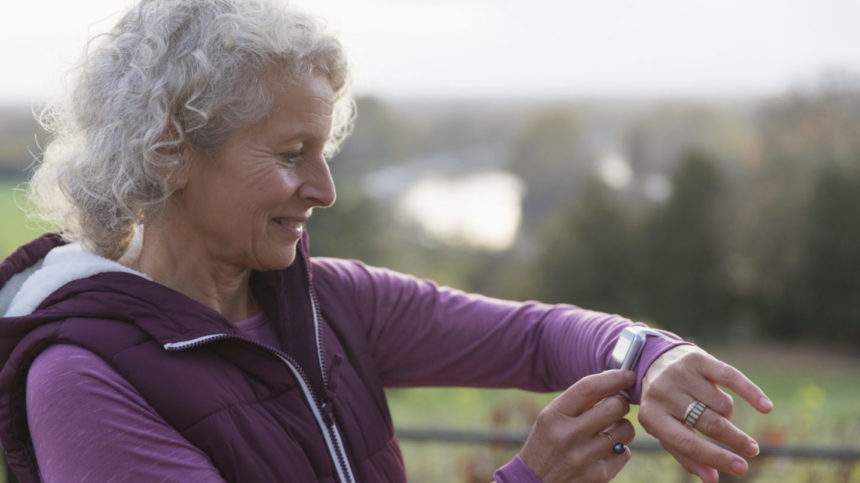
Seniors’ physical activity declined markedly as pandemic lockdowns dragged on, putting them at risk of deconditioning and adverse health outcomes, a new study has found.
For adults aged 65 and older in the United Kingdom, the number of those meeting health officials’ recommended levels of physical activity fell from 43% to 33% by the third COVID-19 lockdown, which occurred between September 2020 and January 2021, the authors reported.
Activity levels for adults aged 74 years and older decreased even more than that of their peers aged 65 to 73 until January 2021. But after January 2021, activity levels fell for all older age groups regardless of age, pre-pandemic activity level, health condition or level of economic deprivation, the researchers reported.
Most-to-least active
Notably, seniors who were least active before the pandemic tended to become more active during the lockdowns. This was in contrast to the most active, whose activity levels fell. The decreases were greatest among those who were the least deprived, healthiest and most active. But lockdown-related activity decline was found to be most severe amongst the oldest, least healthy, least active and most deprived sectors of society. Among this cohort, only 16% to 31% met UK activity guidelines standards by January 2021.
Fear of COVID-19 transmission and the psychological effects of home isolation undoubtedly “took their toll” on the motivation to remain active, the researchers reported. But everything from public health messaging to the weather also likely affected these activity levels and behavior, they added.
Getting back to baseline
To reduce the risk for negative health consequences, the researchers recommend that older adults be encouraged to re-engage in regular physical activity in ways that minimize the risk of COVID-19 infection, they said.
Activity must remain accessible to those who wish to socially distance, for example, especially in the winter months when distancing is more difficult, they wrote. The use of air filtration devices, regular airing breaks, COVID-19 testing and online tutorials can all play a part in making activity more feasible once again, they said.
The study was published in the journal BMC Public Health.
Related articles:
Residents suffered during lockdowns, but new study shows cognition didn’t
Nursing home residents lost weight under COVID restrictions, study finds



